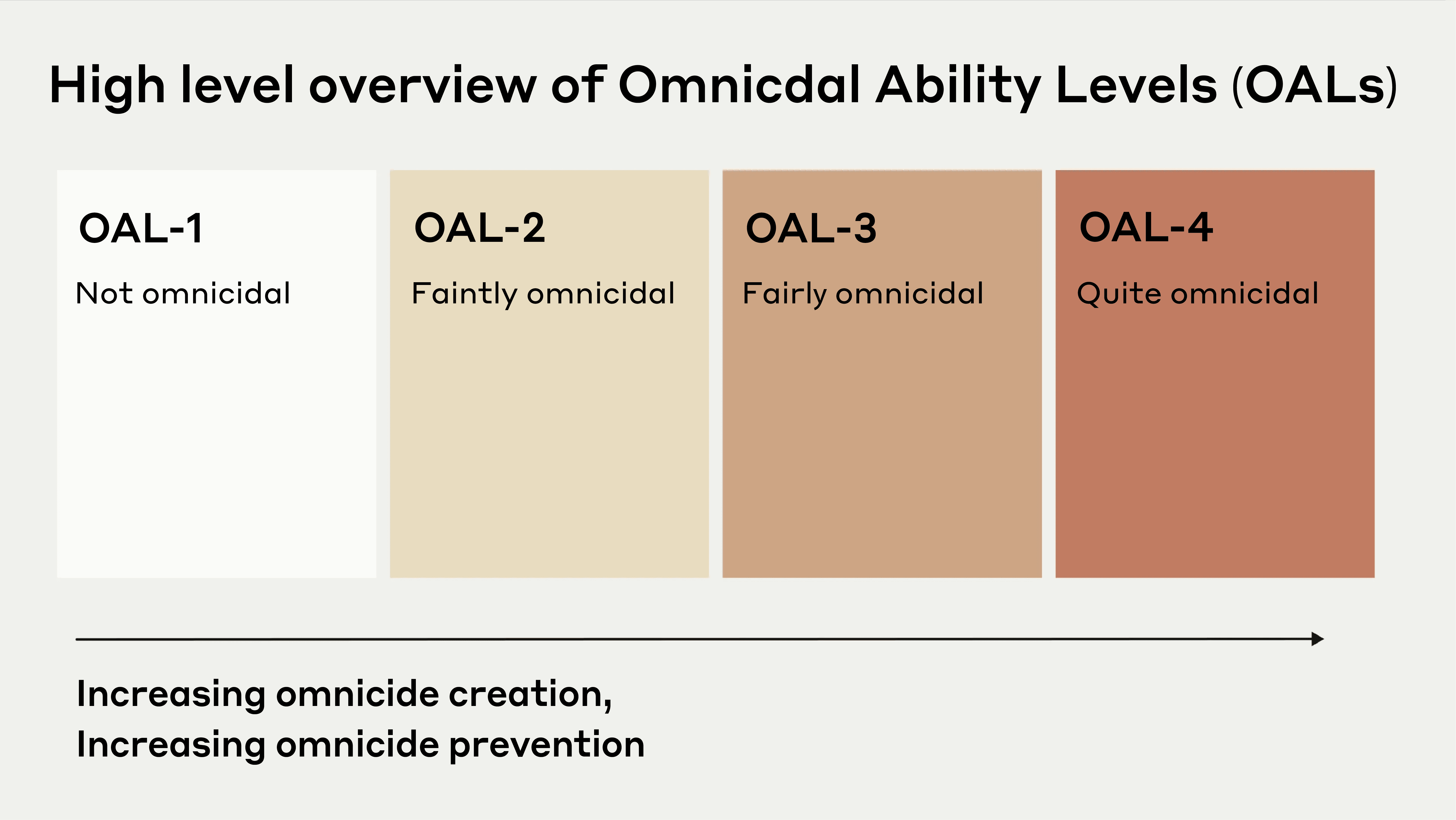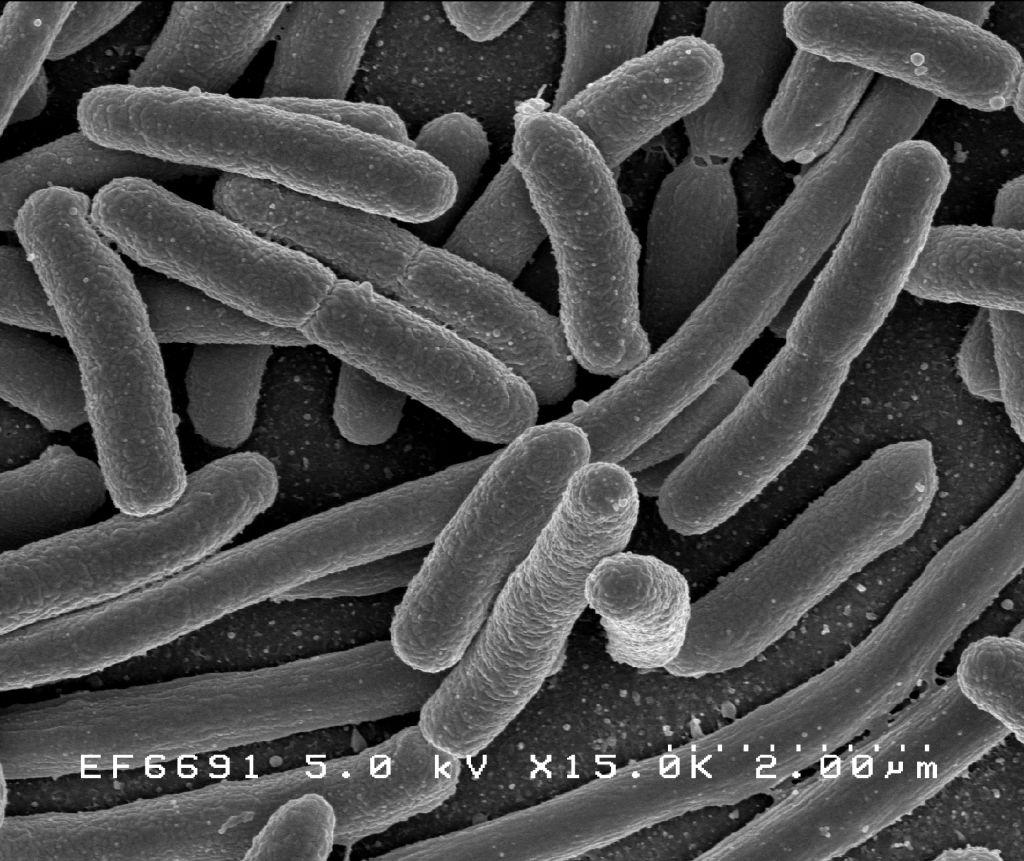Non-Disparagement Canaries for OpenAI
Since at least 2017, OpenAI has asked departing employees to sign offboarding agreements which legally bind them to permanently—that is, for the rest of their lives—refrain from criticizing OpenAI, or from otherwise taking any actions which might damage its finances or reputation.[1] If they refused to sign, OpenAI threatened to take back (or make unsellable) all of their already-vested equity—a huge portion of their overall compensation, which often amounted to millions of dollars. Given this immense pressure, it seems likely that most employees signed. If they did sign, they became personally liable forevermore for any financial or reputational harm they later caused. This liability was unbounded, so had the potential to be financially ruinous—if, say, they later wrote a blog post critical of OpenAI, they might in principle be found liable for damages far in excess of their net worth. These extreme provisions allowed OpenAI to systematically silence criticism from its former employees, of which there are now hundreds working throughout the tech industry. And since the agreement also prevented signatories from even disclosing that they had signed this agreement, their silence was easy to misinterpret as evidence that they didn’t have notable criticisms to voice. We were curious about who may have been silenced in this way, and where they work now, so we assembled an (incomplete) list of former OpenAI staff.[2] From what we were able to find, it appears that over 500 people may have signed these agreements, of which only 5 have publicly reported being released so far.[3] We were especially alarmed to notice that the list contains a variety of former employees currently working on safety evaluations or AI policy.[4][5] This includes some in leadership positions, for example: * Bilva Chandra (Senior AI Policy Advisor, NIST) * Charlotte Stix (Head of Governance, Apollo Research) * Jack Clark (Co-Founder [focused on policy and evals], Anthropic) * Jade Leung (


I wrote the first draft of this essay around a year ago, in between the bouts of delirium that long covid was beginning to deliver me. And I couldn’t quite tell back then how real it was, and as long covid consumed more of my mind it drifted further away. It began to feel impossible that I had ever had, or could ever have, courage. Because courage requires capacity and I was losing all of mine. And the doubts grew larger, and the clarity dimmed, and I forgot about Frodo for awhile, forgot about most everything, as I was left for many months staring directly into the bowels of deep atheism, wondering... (read more)